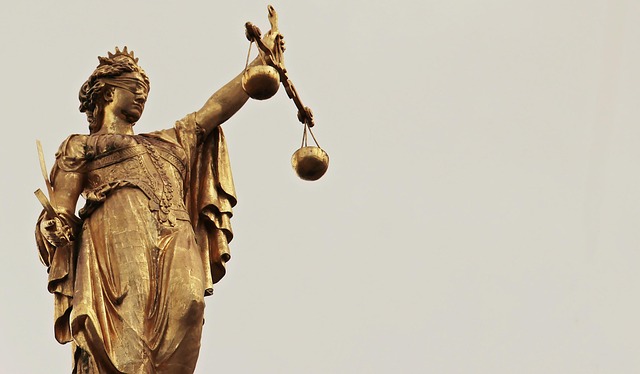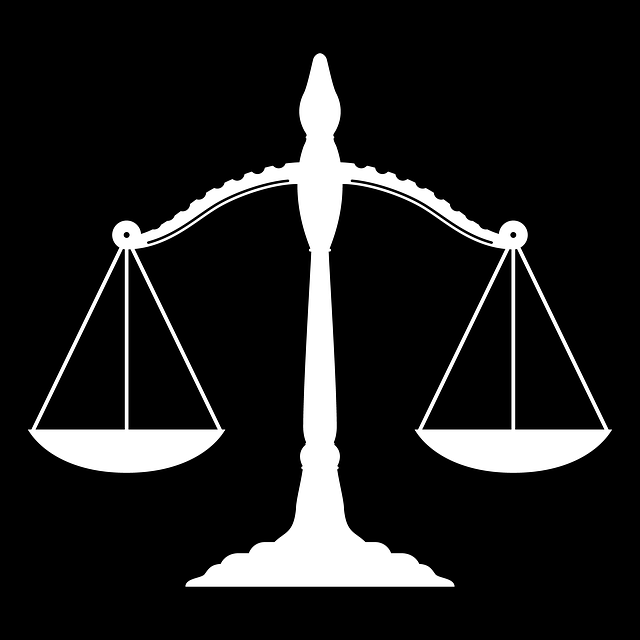C-Level Investigations specialize in exposing corporate wrongdoings, particularly cartels, through rigorous analysis of financial records, emails, and digital evidence. This process involves strategic planning, stakeholder interviews, and data analysis to construct a detailed case mapping involvement. The goal is not only punishment but cultural reform, deterrence, and regaining public trust. Executive consequences include fines, imprisonment, and reputational damage. Businesses can prevent these issues by implementing strong internal controls, regular audits, employee training, comprehensive codes of conduct, and thorough background checks. In the event of an investigation, prioritize transparency, proactive defense strategies, and meticulous documentation to navigate penalties effectively.
In today’s corporate landscape, C-Level Investigations are crucial in unearthing hidden wrongdoings within organizations. This comprehensive guide delves into the intricate world of Cartel Investigation Procedures, offering a step-by-step approach to identifying illicit activities among top-level executives. We explore Penalties and Consequences associated with C-level involvement in cartels, highlighting legal repercussions and business impacts. Furthermore, best practices for prevention and addressing cartel activities are presented to foster ethical corporate culture.
- Understanding C-Level Investigations: Uncovering Corporate Wrongdoings
- Cartel Investigation Procedures: A Step-by-Step Guide
- Penalties and Consequences for C-Level Executives Involved in Cartels
- Best Practices to Prevent and Address Cartel Activities in Businesses
Understanding C-Level Investigations: Uncovering Corporate Wrongdoings

C-Level Investigations delve into the highest echelons of a company, seeking to uncover wrongdoings committed by corporate and individual clients alike. These high-stakes cases often revolve around complex issues like cartel investigation procedures and penalties, where strict regulations are in place to deter unethical business practices. The process involves meticulous analysis of financial records, email communications, and other digital evidence to expose illegal collusion or fraud.
By employing sophisticated detection methods, investigators ensure transparency and accountability within the respective business. In such delicate matters, the goal is not only to penalize wrongdoers but also to reform corporate culture, deter future misconduct, and restore public trust. This meticulous approach is crucial in handling high-profile cases that carry significant legal and financial implications for all parties involved.
Cartel Investigation Procedures: A Step-by-Step Guide

A Cartel investigation is a complex and intricate process that requires meticulous planning and execution. It involves a step-by-step approach to uncover collusion and anti-competitive practices among businesses or individuals, often leading to significant penalties. The first step is to gather comprehensive evidence through legal means, including document reviews, interviews with key stakeholders, and surveillance. This phase demands expertise in data collection and analysis to identify patterns indicative of cartel behavior.
Once sufficient evidence is secured, investigators must meticulously construct a timeline of events, mapping out the involvement of each party. This involves correlating financial records, communication logs, and other relevant data. The goal is to demonstrate clear cut anti-competitive activities, such as price-fixing or market division. An unprecedented track record in cartel investigations has shown that presenting a robust and well-structured case can help clients avoid indictment, ensuring their long-term success and reputation.
Penalties and Consequences for C-Level Executives Involved in Cartels

In the event that C-level executives are found to have participated or facilitated cartel activities, the consequences can be severe. Cartel investigation procedures often involve in-depth analyses and interviews, aiming to uncover the extent of their involvement. These high-stakes cases can lead to substantial penalties, including hefty fines and imprisonment, as determined by applicable laws and regulations. The impact extends beyond legal repercussions; it damages the reputation of the individuals and organizations involved, potentially affecting future business opportunities.
The consequences for C-level executives must serve as a deterrent for engaging in illegal practices such as cartels. A strong white collar defense strategy is crucial for mitigating risks and protecting his clients’ interests. The severity of these cases underscores the importance of ethical conduct and compliance within corporate structures, ensuring that businesses operate within legal boundaries to avoid such detrimental outcomes.
Best Practices to Prevent and Address Cartel Activities in Businesses

To prevent and address cartel activities effectively, businesses should implement robust internal controls and conduct regular audits. This includes establishing clear policies against collusion and price-fixing, as well as ensuring proper training for employees to recognize and report suspicious behaviors. A comprehensive code of conduct that underscores the company’s commitment to ethical business practices is essential. Additionally, conducting thorough background checks on new hires can help uncover potential risks early on.
When a cartel investigation arises, businesses should prioritize transparency and cooperation with authorities. Engaging in proactive white-collar defense strategies, such as internal investigations led by legal experts, can mitigate penalties. The goal is to identify and rectify infractions promptly. During these processes, it’s crucial to document every step taken to demonstrate due diligence. If charges are filed, corporate and individual clients alike should be prepared for jury trials, where a strong legal defense strategy becomes paramount in navigating Cartel Investigation Procedures and Penalties.
C-level investigations are crucial tools in exposing and penalizing corporate wrongdoings, particularly within cartel activities. By understanding the steps involved in cartel investigation procedures and recognizing the severe penalties that C-level executives face, businesses can better safeguard themselves against such practices. Adopting best practices to prevent and address cartel formations is essential to maintaining fair market competition and upholding legal integrity.






